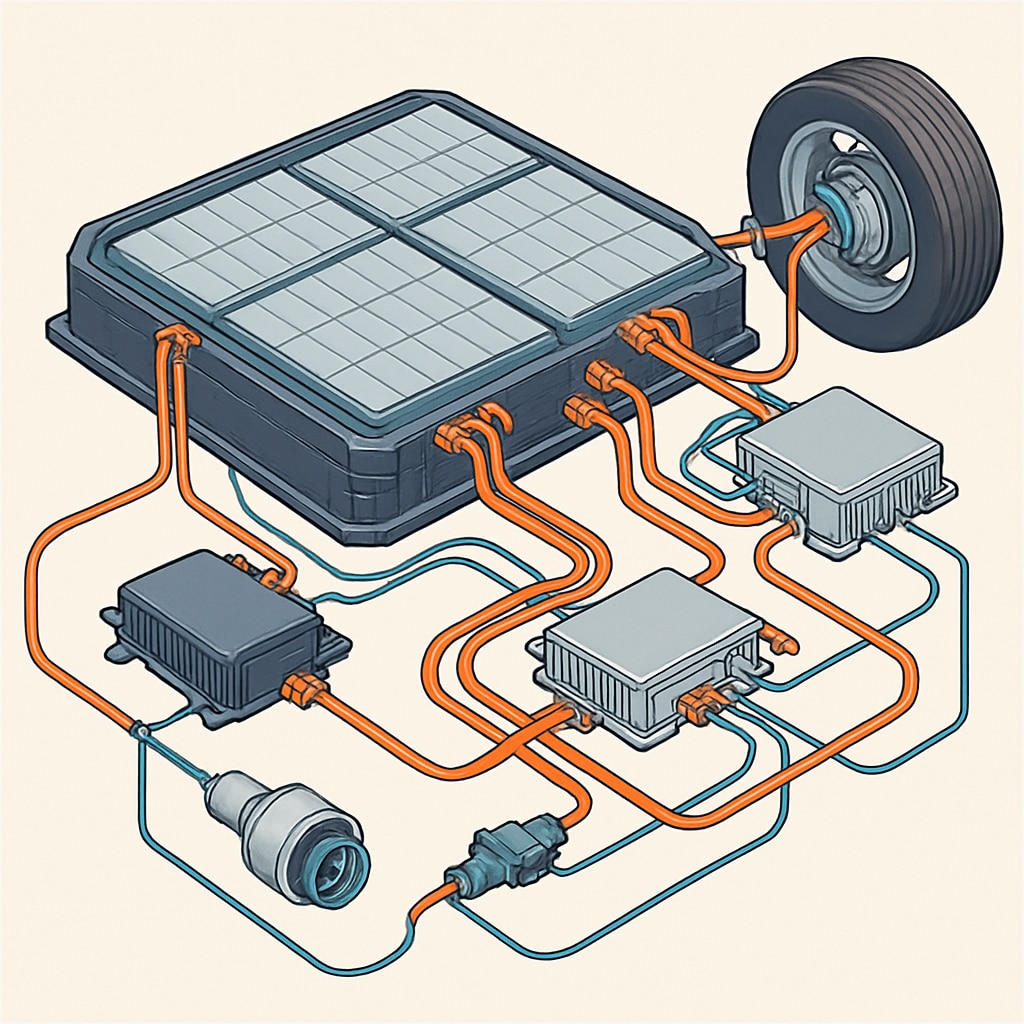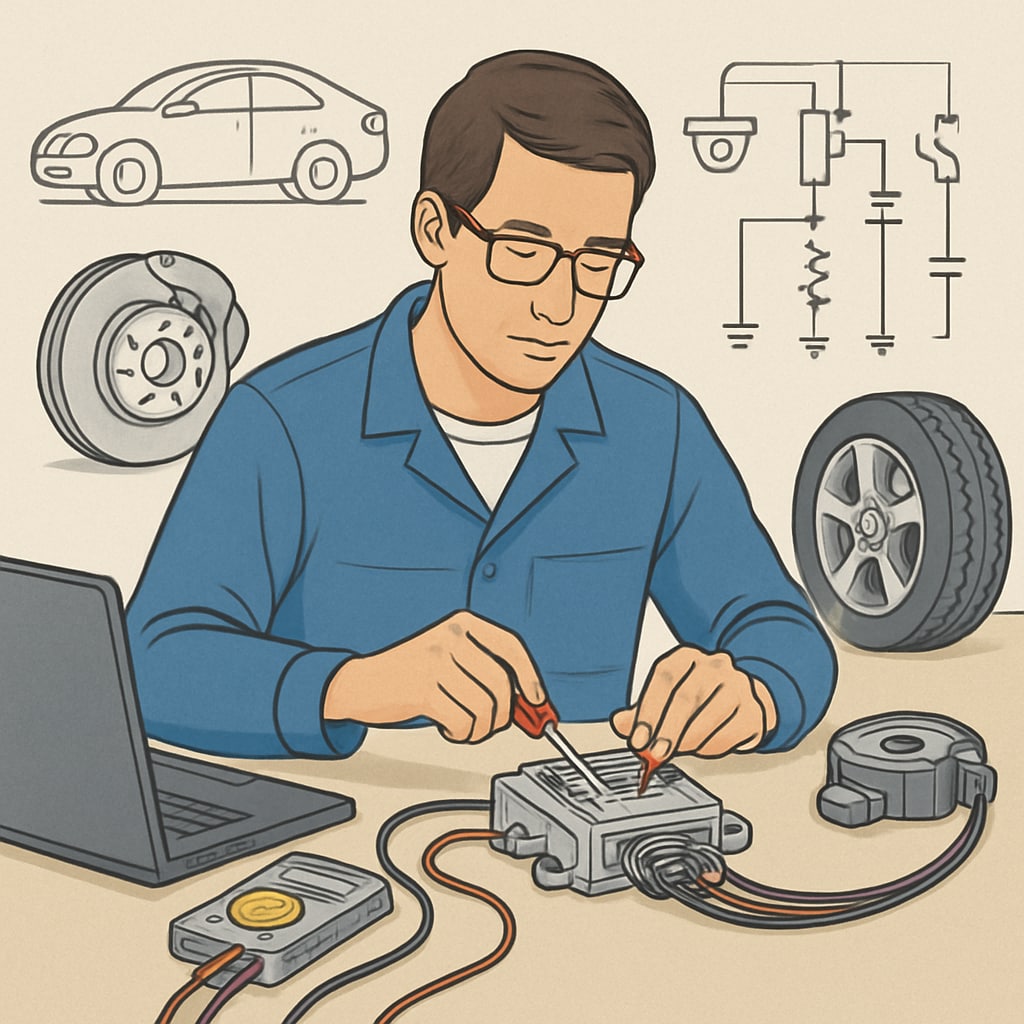In the rapidly evolving automotive landscape, “electrical learning, automotive industry, and career development” have become intertwined themes driving professional success. The automotive sector’s shift toward electrification, with the rise of electric vehicles (EVs) and smart mobility solutions, has created a demand for professionals equipped with both mechanical and electrical expertise. This cross-disciplinary knowledge opens the door to new opportunities, empowering individuals to stay competitive in an industry undergoing transformative change.
The Growing Importance of Electrical Learning in Automotive Engineering
As the automotive industry pivots toward electrification, the integration of electrical systems has become pivotal. Traditional mechanical systems are being replaced or enhanced by electric motors, battery management systems, and advanced driver-assistance systems (ADAS). For example, understanding the principles of electrical circuits, power distribution, and energy storage is now essential for engineers working on EVs.
Professionals with a background in electrical learning are better positioned to adapt to these changes. Their skill sets enable them to contribute to the development of energy-efficient vehicles, troubleshoot complex electronic systems, and innovate in areas like autonomous driving. According to a study by the International Energy Agency (IEA), the global stock of electric vehicles surpassed 26 million in 2022, signaling a need for skilled talent to support this growth.

Practical Pathways to Integrate Electrical Knowledge into Automotive Careers
For those seeking to leverage electrical learning in their automotive career, there are several practical steps to consider:
- Pursue Specialized Training: Attend workshops, online courses, or certification programs focusing on automotive electronics, EV design, and power systems.
- Engage in Hands-On Projects: Build or repair electric vehicles, design small-scale battery systems, or experiment with renewable energy integrations.
- Collaborate Across Disciplines: Work with teams comprising mechanical, software, and electrical engineers to gain a holistic understanding of automotive systems.
- Stay Updated: Follow industry trends through reputable sources like the Society of Automotive Engineers (SAE), which publishes resources on cutting-edge automotive technologies.
Engaging in these activities not only enhances technical skills but also fosters a mindset of innovation and adaptability—qualities that are highly valued in the automotive sector.

Overcoming Challenges in Cross-Disciplinary Learning
While the benefits of electrical learning are clear, integrating this knowledge into an automotive career can come with challenges. For instance, professionals with a mechanical engineering background may find electrical concepts daunting initially. However, adopting a structured approach to learning—starting with foundational topics like Ohm’s Law and gradually advancing to complex systems—can ease this transition.
Additionally, on-the-job training and mentorship programs can bridge the gap between theoretical knowledge and practical application. Companies investing in employee upskilling initiatives, such as Tesla’s internal training programs, exemplify the industry’s commitment to fostering multi-disciplinary expertise.
The Future of Automotive Careers: A Blend of Mechanical and Electrical Expertise
As the automotive sector continues to innovate, the demand for professionals who can seamlessly blend mechanical and electrical expertise will only grow. By embracing electrical learning, individuals can future-proof their careers and contribute meaningfully to the industry’s green and technological transformation.
In conclusion, “electrical learning, automotive industry, and career development” are no longer separate spheres but interconnected dimensions of professional growth. Whether you are a seasoned engineer or a newcomer to the field, investing in electrical knowledge can accelerate your career trajectory and position you as a leader in the automotive industry’s next chapter.
Readability guidance: This article employs concise paragraphs, clear transitions, and practical examples to maintain reader engagement. Lists and external links provide additional resources for deeper exploration.


